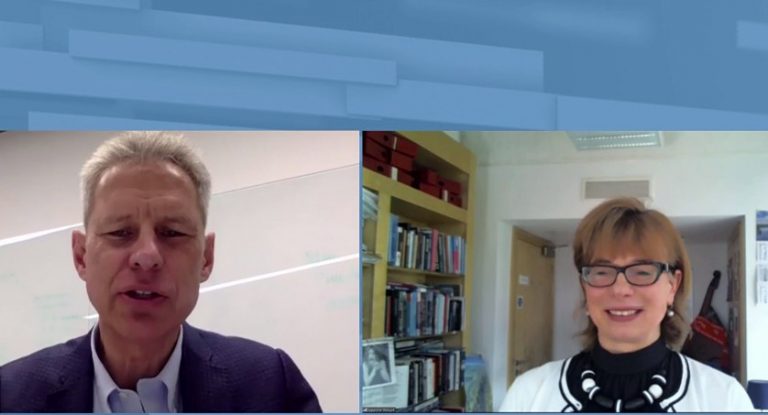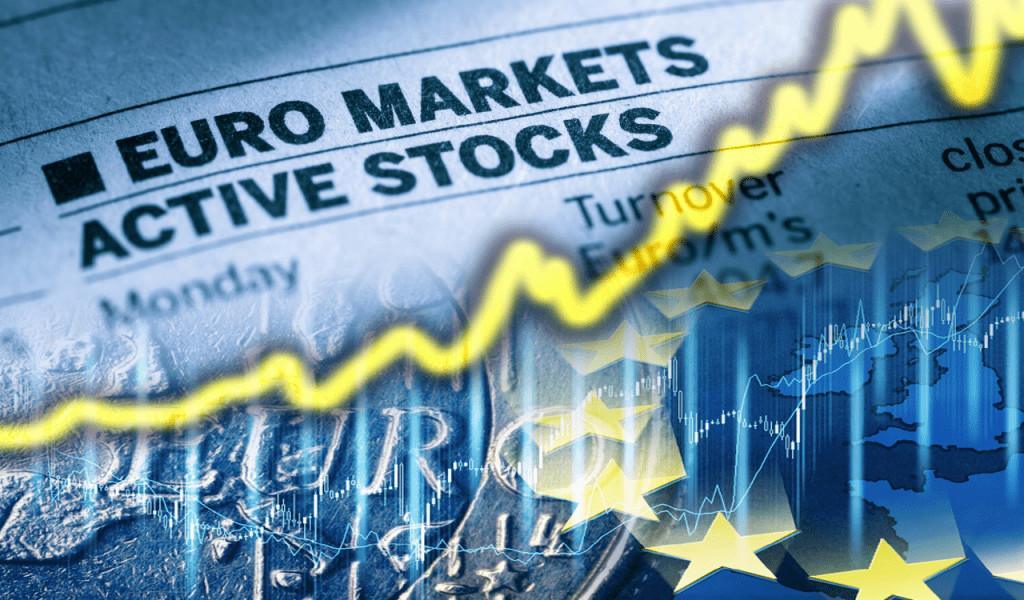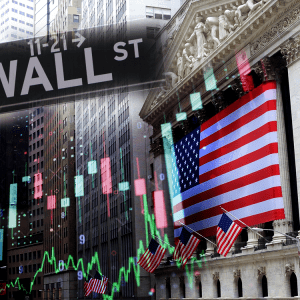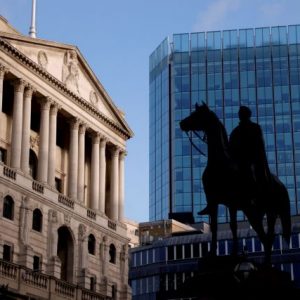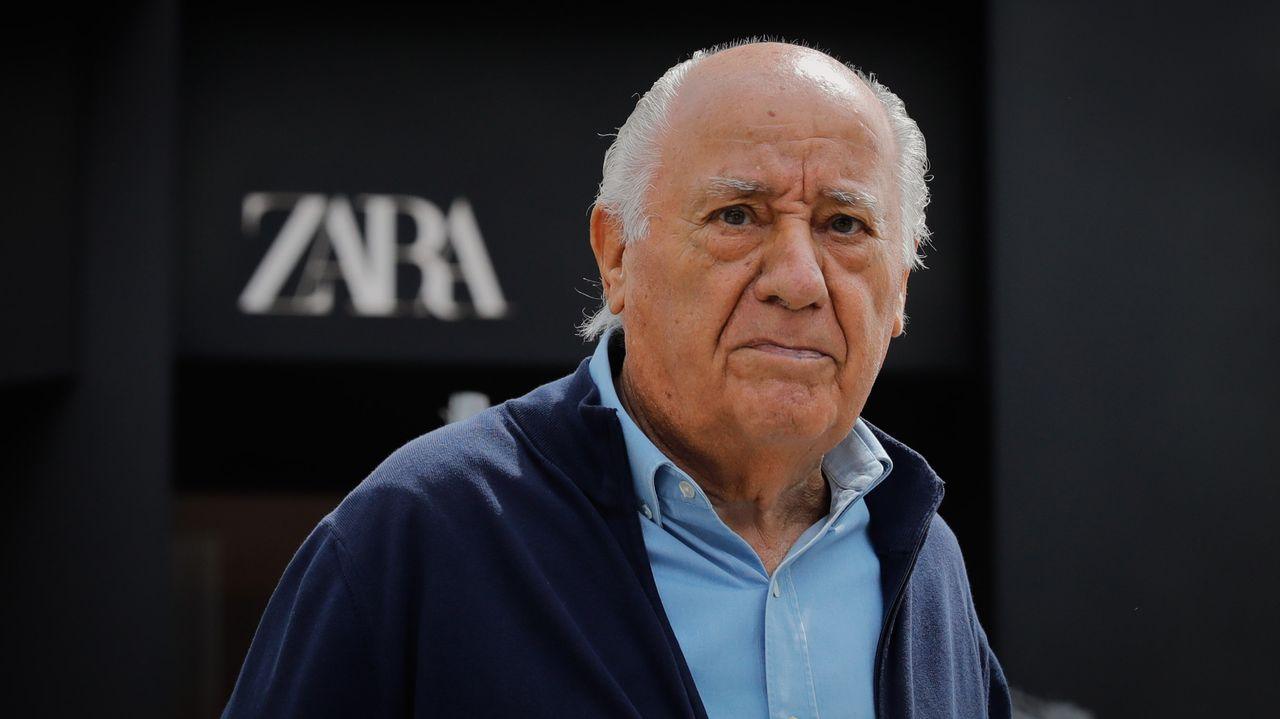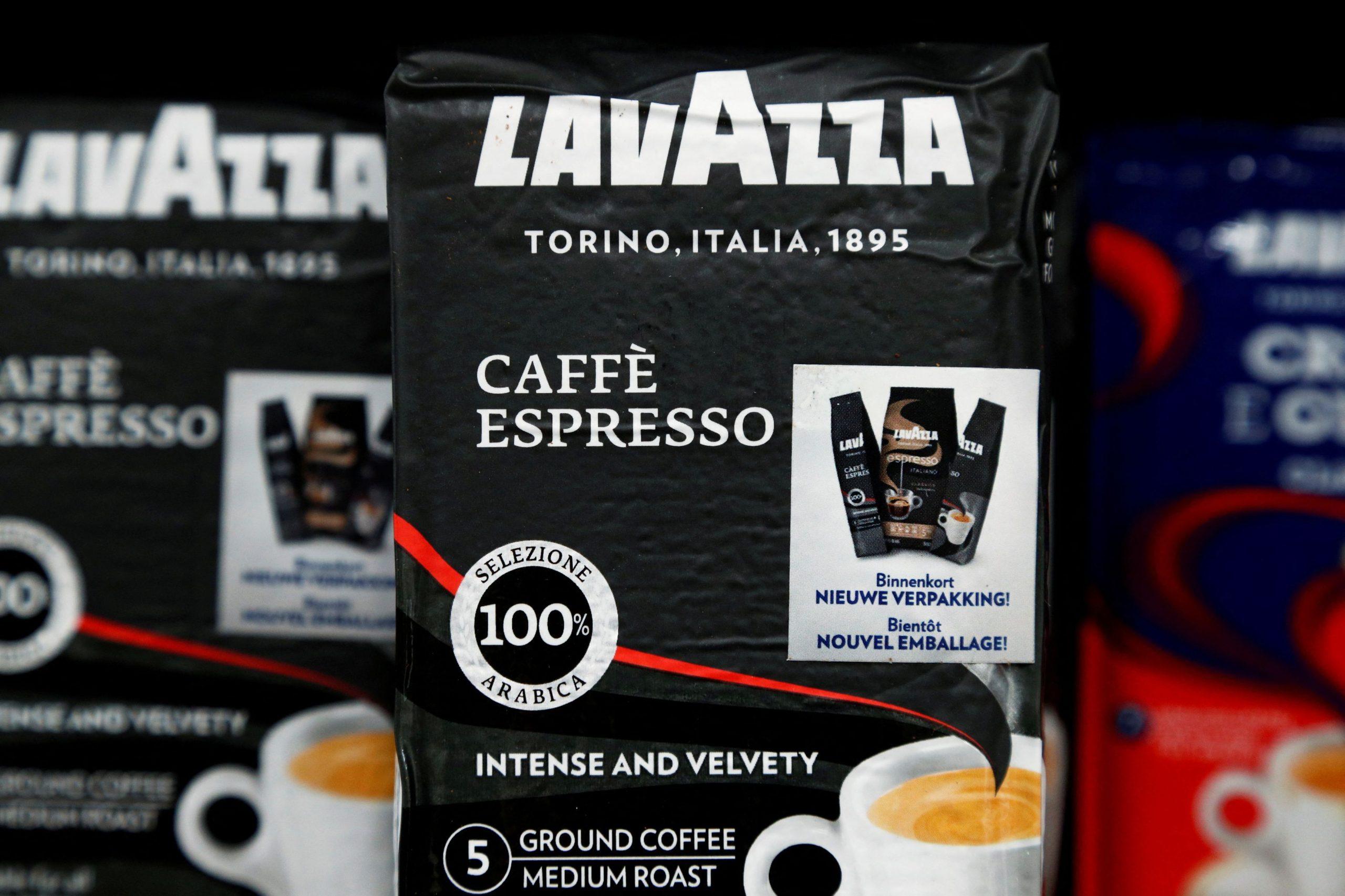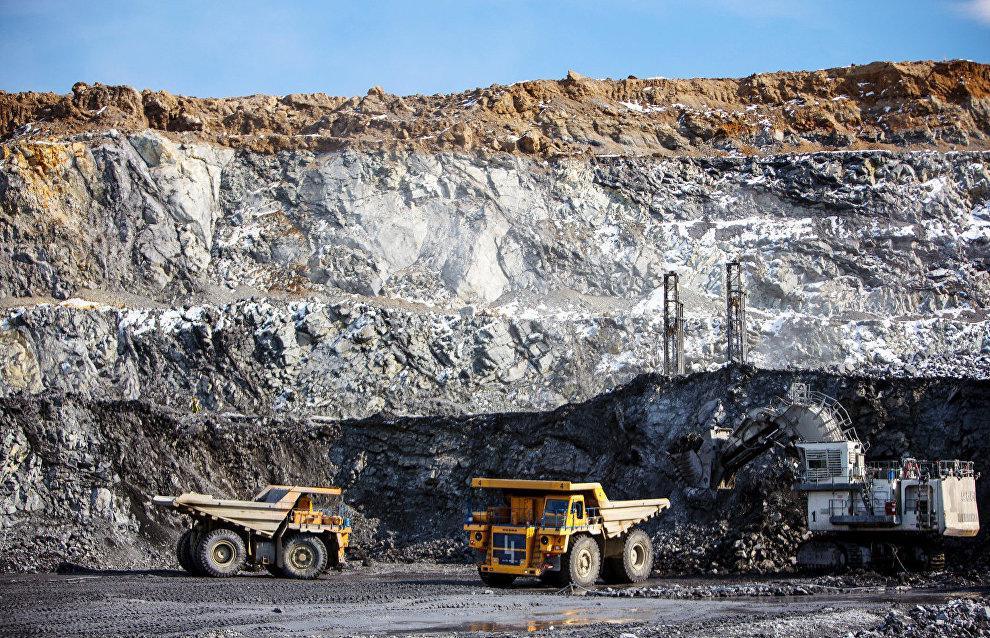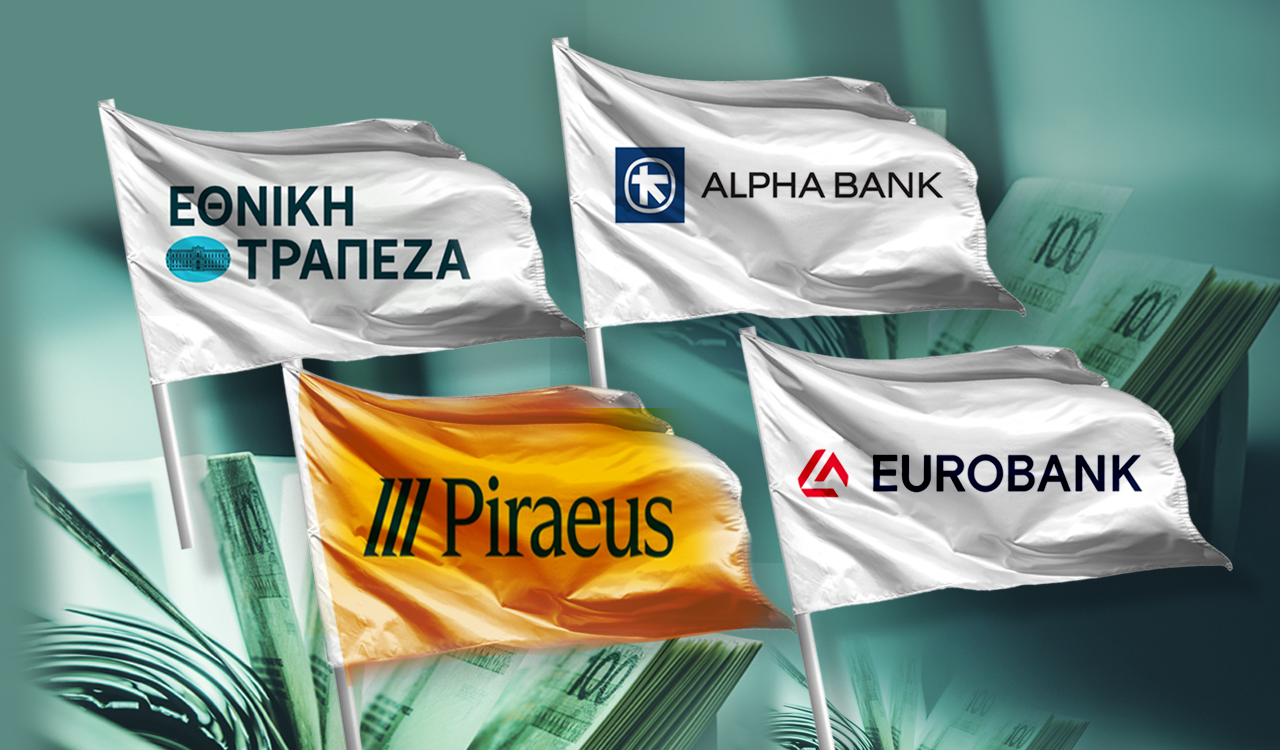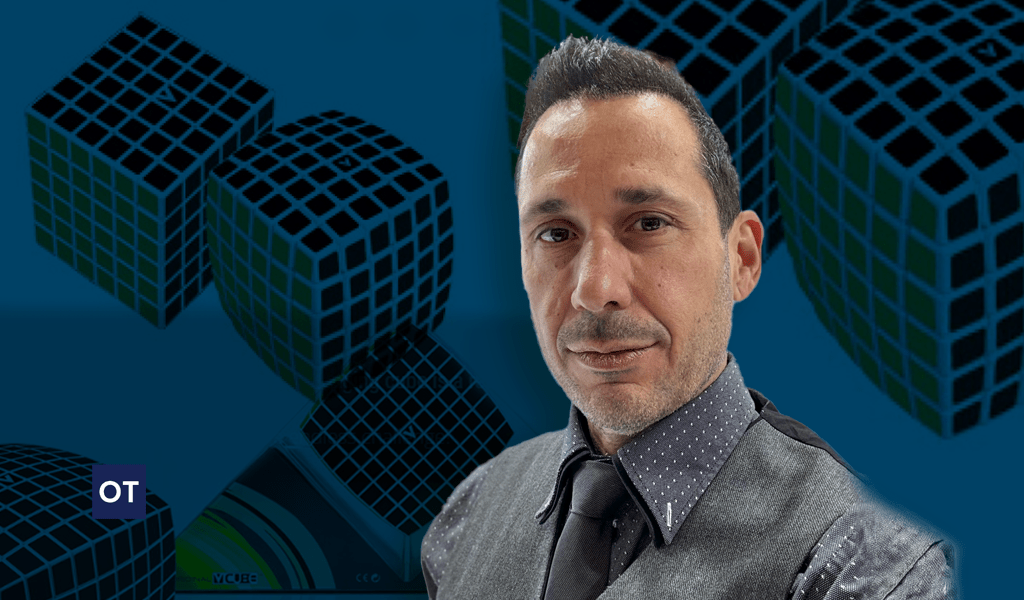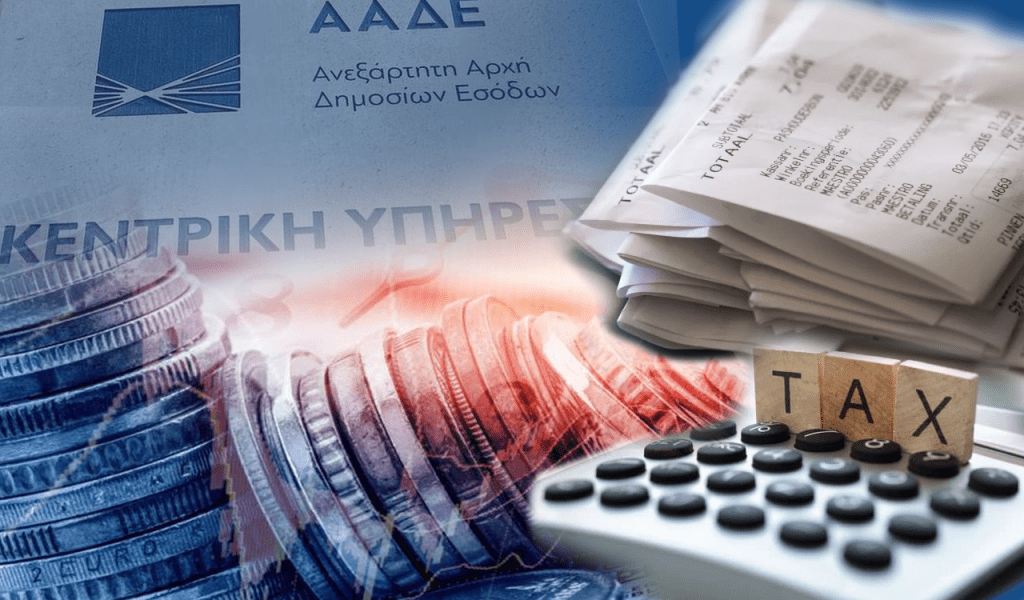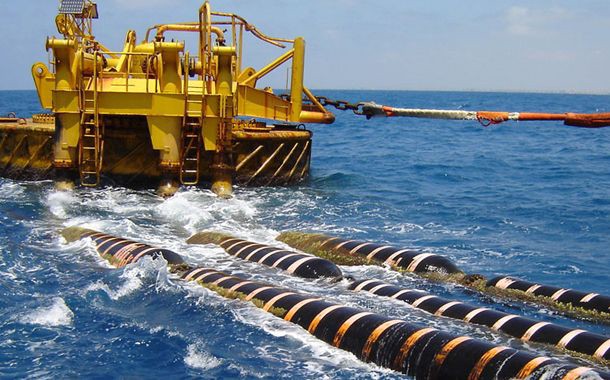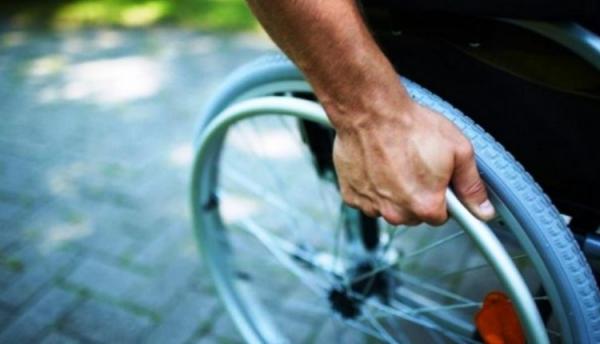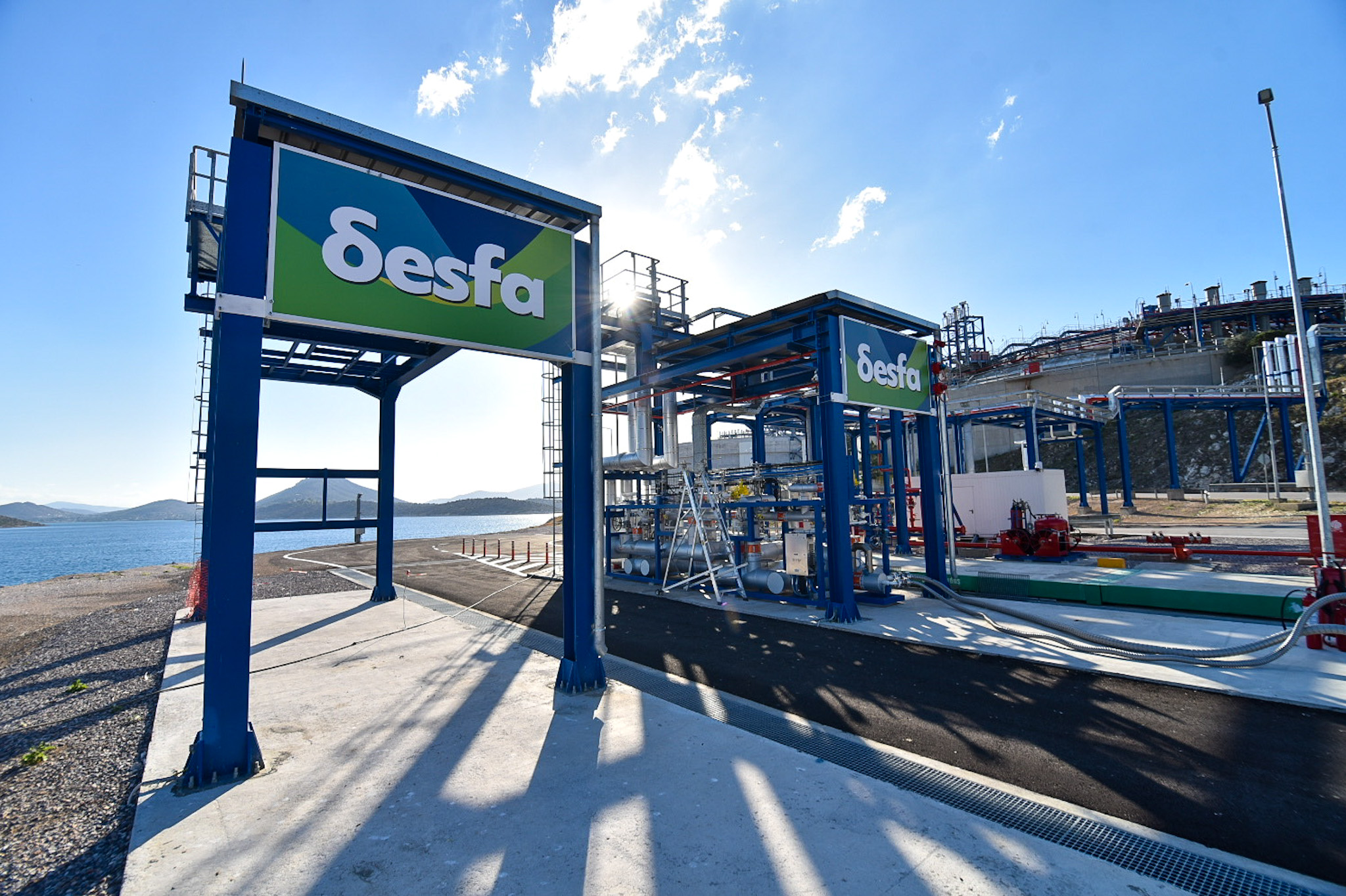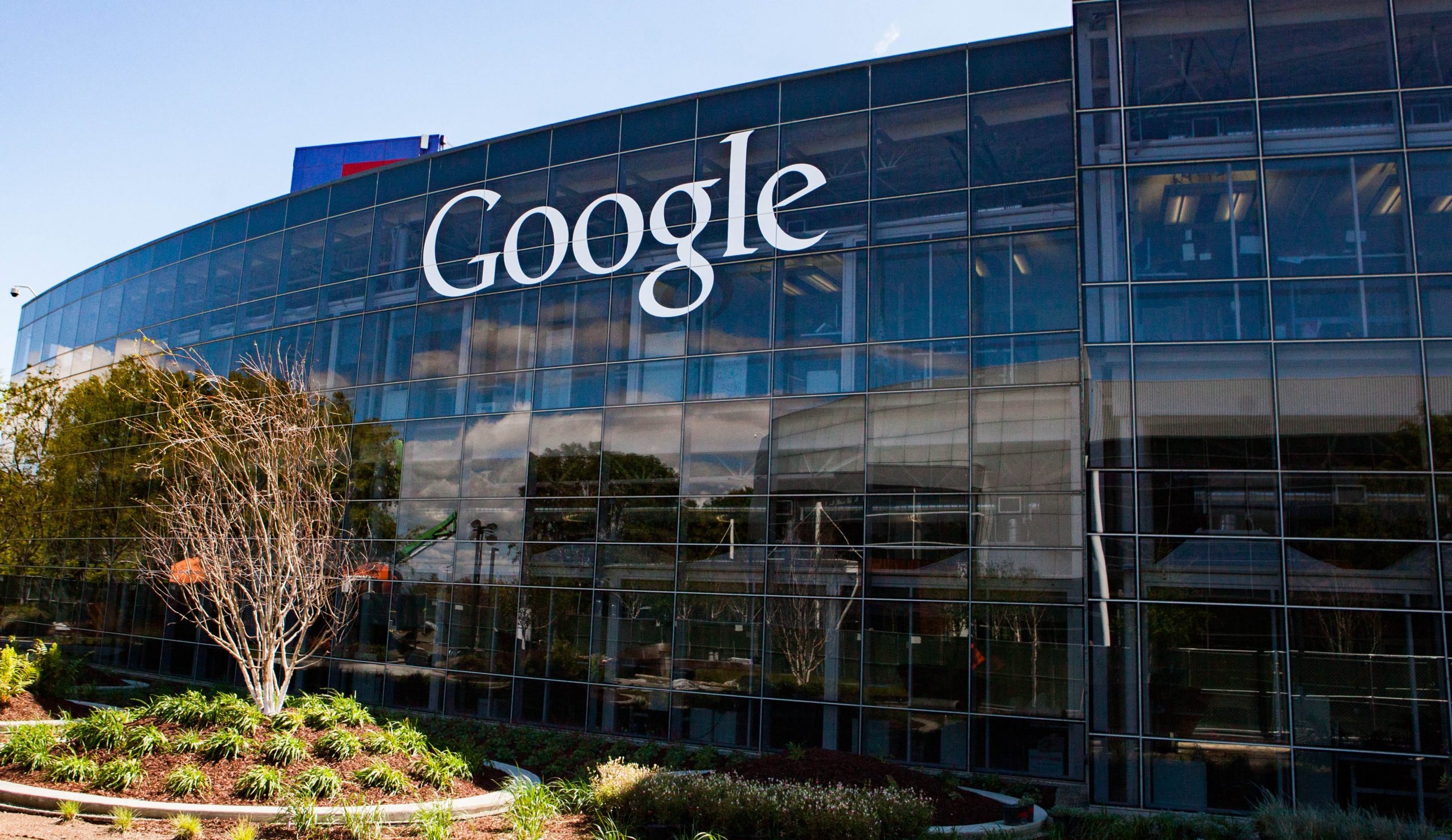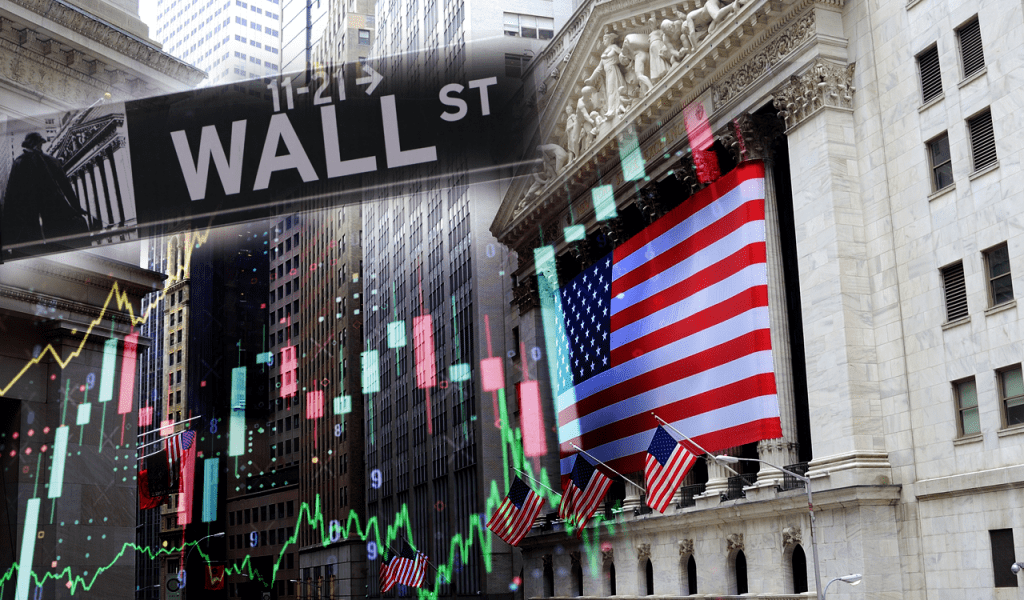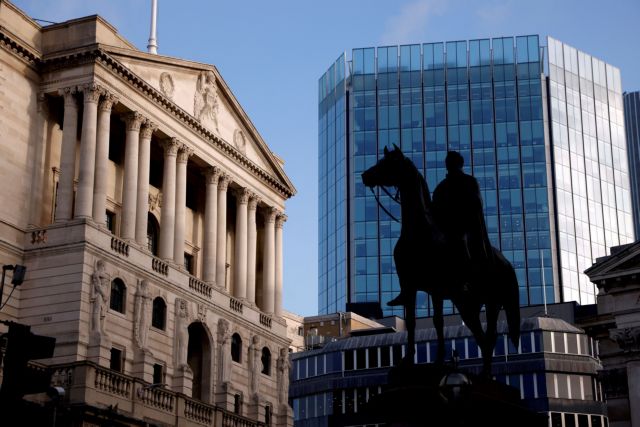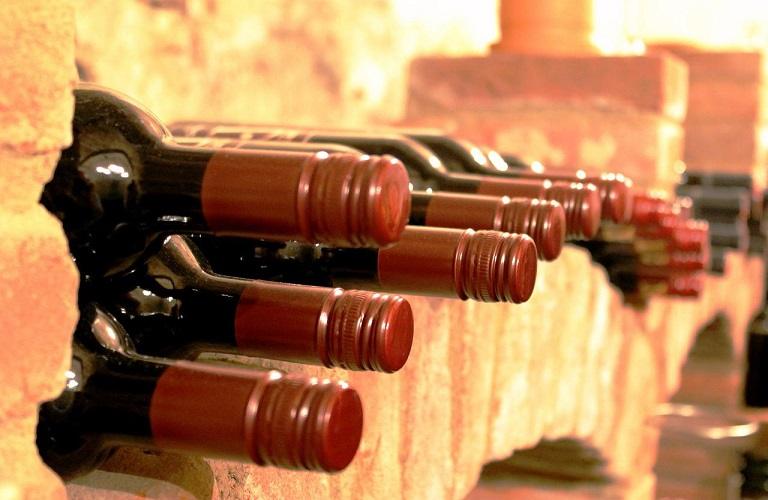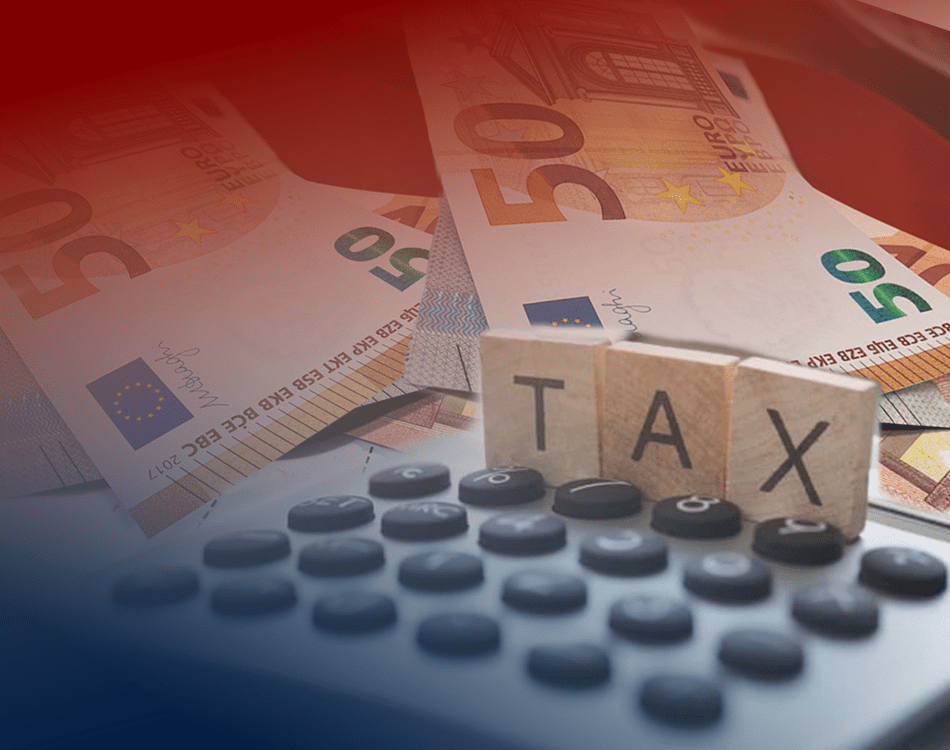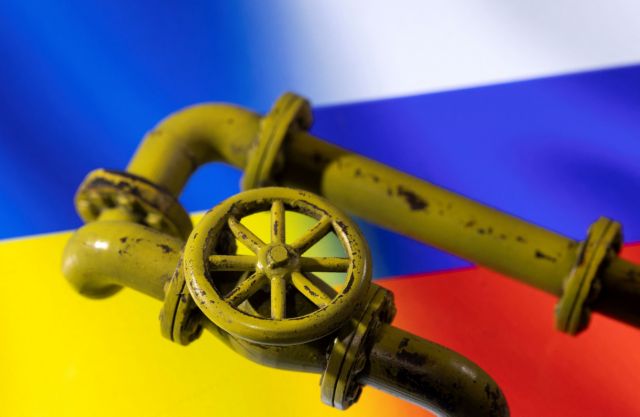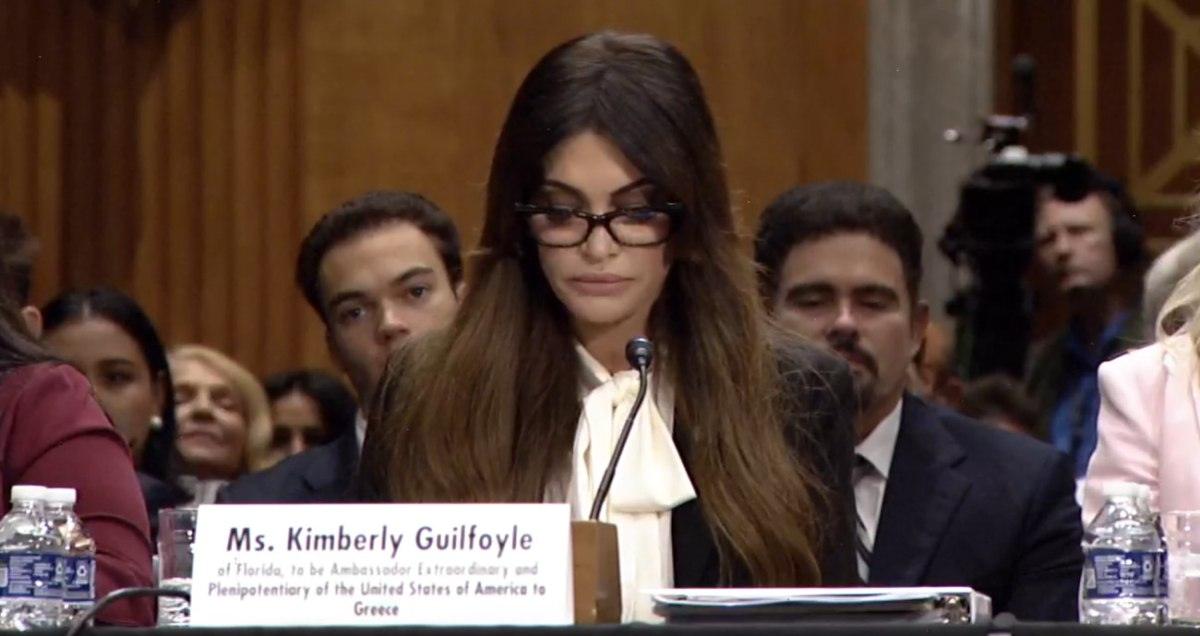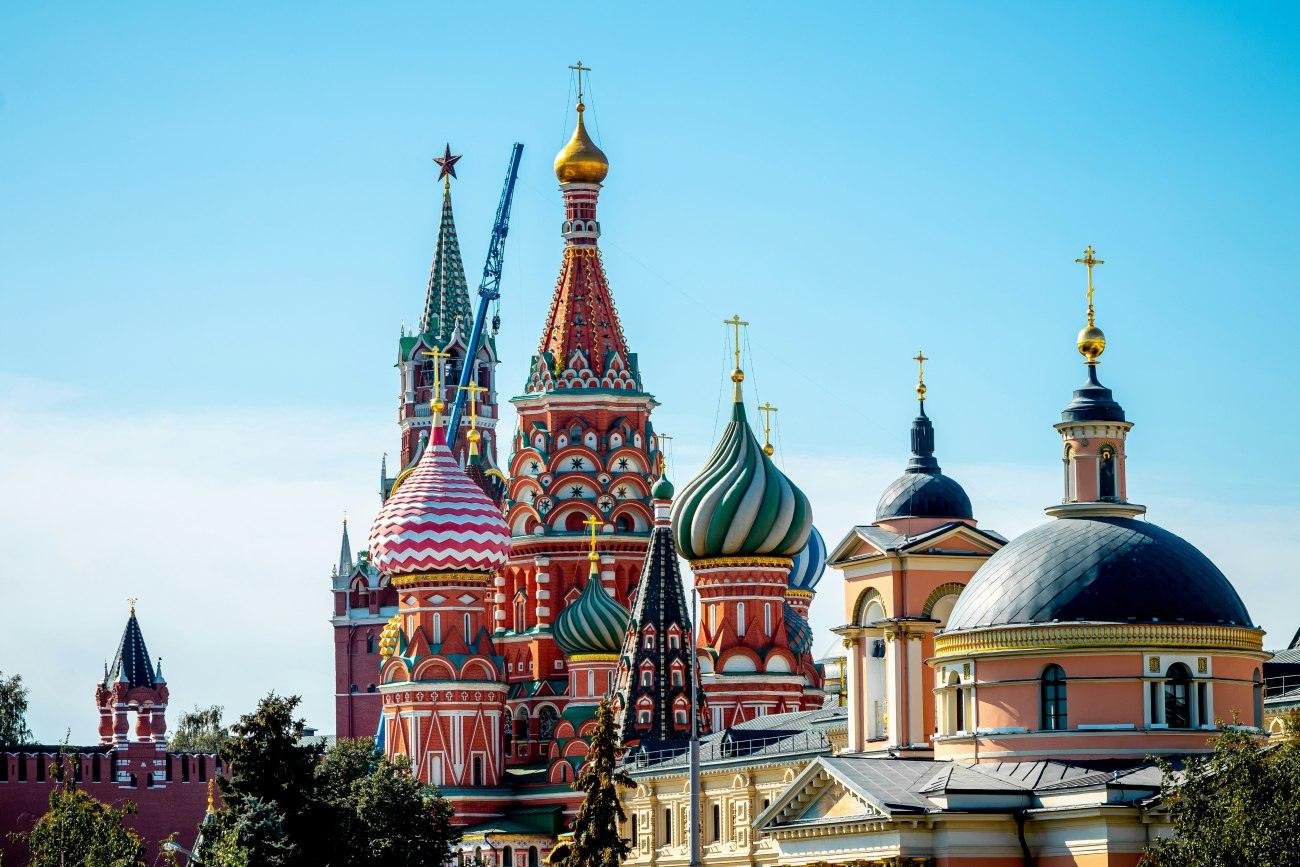Ukraine is paying the price for its political orientation towards the West after the collapse of the USSR, but also the price for the ambiguity of the West in its long-standing demand for membership in Western supranational institutions. However, the question “Can Ukraine survive?”, which was answered by Chatham House member and history professor at the British University of Birmingham Katarina Volchuk and Financial Times editor-in-chief Yuri Bender, which is an existential question. could only be emphatically affirmative.
The first thing the FT editor-in-chief asked Professor Volchuk was the real reason for the Russian invasion of Ukraine. The Polish-born professor described the issue as “key” because it has to do with the way empires have historically disintegrated. In this case, after the dissolution of the USSR, the demand of the former Soviet Republics for self-determination was explicitly expressed. And especially from the Ukrainian side. For 16 years, Kyiv has been calling for NATO membership – it should be noted, of course, that at the beginning of Vladimir Putin’s long “dominio” he himself was discussing this possibility, for Russia itself.
NATO responsibilities
In any case, “Moscow’s threats against Ukraine’s territorial integrity began almost immediately,” Katarina Volchuk noted. Kyiv has consistently supported NATO membership because it was simply encouraged by NATO itself. “The answers given by the Alliance at the time were very vague, when in fact it has no interest in Ukraine, which is why it does not respond to President Zelensky’s request for a no-fly zone over Ukrainian territory.”
As White House spokesperson Jennifer Psaki herself said, of course, “something like that would mean NATO military involvement with Russia, something the United States does not want.” In any case, “Moscow had prepared years ago to intervene and invade Ukraine,” said the British professor, ascribing “tactical mistakes” to the North Atlantic Alliance.
The Russian narrative
With the remark of the FT journalist that there is no coherent attitude from Russia, the professor agreed that the Russian narrative is constantly changing. After all, as prime minister a few years ago (when he had nominated Medvedev as president to change the Constitution and become president for life), “Putin was not discussing the annexation of Ukraine. But it is obvious that the man has an “obsession” with Ukraine. Now in his narrative he has references to the common roots of the two peoples from the 15th and the 16th century. And even earlier, in the 13th century when the spread of Orthodoxy began.
Asked about the danger that Poland, Slovakia and other countries are currently feeling due to Russian expansionism, Katarina Volchuk said that it is real and justified. However, she reminded that Ukraine has historically opposed the aggression of the Russian side. It’s not just that Russia needs access to the sea. It wants other territories, according to the British historian, something that can be seen from the negotiations that are being held between representatives of the warring sides in Turkey. Negotiations that mainly concern land settlement.
The rhetoric of de-Nazification
In the end, “can Russia and Europe coexist in a ‘post-Putin’ era?” Yuri Bender wondered, while Katarina Balchuk voiced reservations in the event that the current “sultan”, as she called the Russian president, would be replaced by someone even worse!! However, the rhetoric of the “Sultan” is not shared by the Russian people, the British historian opined. The rhetoric of “de-Naziization” of Ukraine, for example, is a typical propaganda rhetoric, which is strongly supported by the Russian media.
“Ukraine’s far-right party won just 2% of the vote, but it is the backbone of Moscow’s rhetoric,” the historian said in response to a question on “whether there are Nazis in Ukraine”, which was addressed by debate moderators Niki Lymperaki and Nikos Filippidis. “This is a very effective rhetoric,” Volchuk said.
The Greek hosts on the OT panel also raised the issue of oligarchs, Russians and Ukrainians. In this case, the British professor’s point that while in Russia Putin controls the oligarchs (and those he does not control, he takes care to “eliminate”, such as Berezovsky who died under unclear circumstances in London, or Khodorkovsky, who was imprisoned for years by the Putin regime), in Ukraine it is the local oligarchs who control the economy, and the government to a large extent.
Is Poland in danger?
In the last question addressed by the Greek hosts to Katarina Volchuk regarding her country of origin, Poland, and the possibility of being targeted by the Putin regime, the professor said that Poland has always been a geographical field of conflict. “There are also Russian-speakers in Poland, who, however, enjoy democratic freedoms and would not want to join an authoritarian Russia.
“The message was sent by the Ukrainians in all directions. And the message is that invasions and land annexations are not at all easy for the attackers. Because there is patriotism, there is resistance,” said the history professor.
